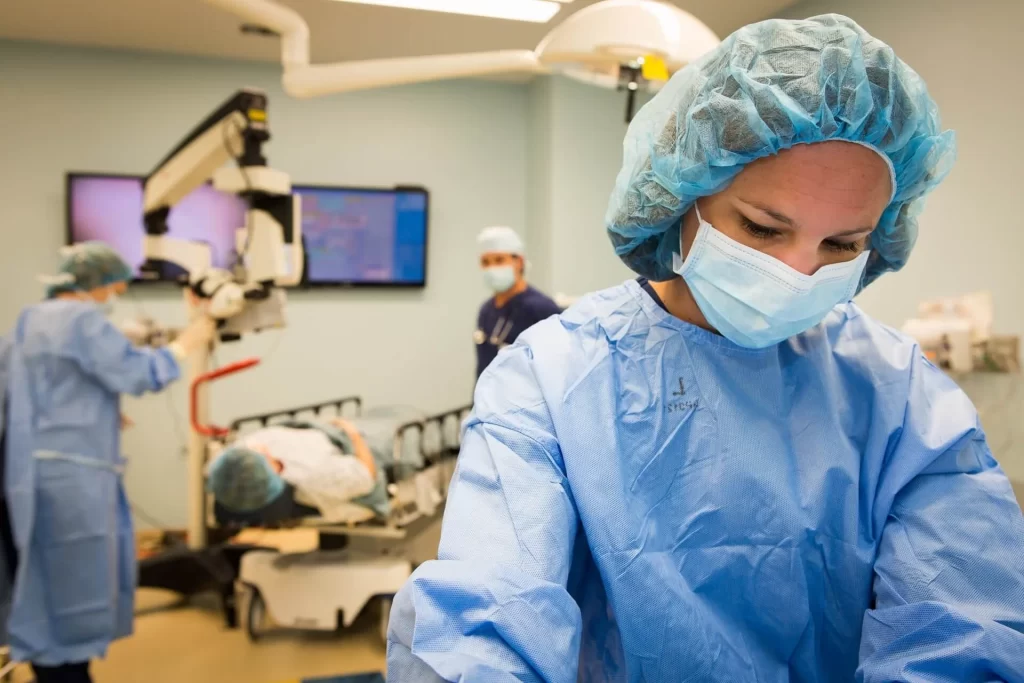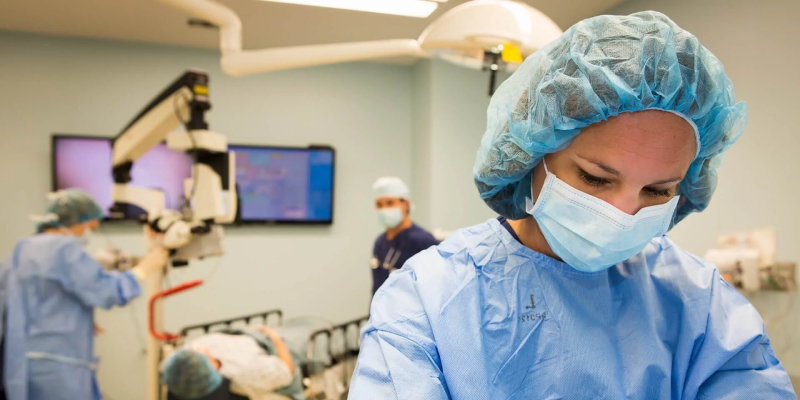Stomach cancer, also known as gastric cancer, is a condition that develops when malignant cells form in the lining of the stomach. It’s a disease that requires prompt attention due to its often-subtle stomach cancer symptoms and potentially aggressive progression. In this article, we’ll explore the causes, symptoms, diagnosis, and the best treatment options for stomach cancer.

What is Stomach Cancer?
Stomach cancer begins in the stomach’s inner lining, known as the mucosa, and can gradually invade deeper layers of the stomach wall. Understanding the nature and progression of this disease is crucial for early detection and effective treatment.
Causes of Stomach Cancer Several factors can increase the risk of developing stomach cancer symptoms these include:
1. Genetic Factors Family history plays a significant role. If a close relative or someone from the immediate family has had stomach cancer, the risk increases.
2. Helicobacter pylori infection chronic infection with Helicobacter pylori, a type of bacteria that causes ulcers, is a significant risk factor.
3. Lifestyle factors unhealthy lifestyle choices such as smoking, excessive alcohol consumption, and diets high in salty and smoked foods can contribute to the development of stomach cancer.
4. Medical conditions certain medical conditions like pernicious anemia, chronic gastritis, and gastric polyps can increase the risk. Stomach cancer symptoms can be quite vague and are often mistaken for less serious conditions. It’s important to be aware of these symptoms and seek medical advice if they persist.
Common symptoms include:
1. Persistent Indigestion: Constant heartburn, bloating, and nausea can be early indicators.
2. Unexplained Weight Loss: Losing weight without trying is a red flag for many cancers, including stomach cancer.
3. Abdominal Pain: Persistent pain or discomfort in the abdomen, especially above the navel, can be a symptom.
4. Feeling Full Quickly: Early satiety, or feeling full after eating a small amount of food, can signal a problem.
5. Blood in Stool: While not always present, blood in stool or vomit is a serious symptom that requires immediate medical attention. Diagnosing stomach cancer early diagnosis of stomach cancer can significantly improve treatment outcomes.
The diagnostic process generally involves several steps:
1. Medical History and Physical Exam: The doctor will first take a detailed medical history and conduct a physical examination to look for any physical signs of stomach cancer.
2. Endoscopy: An endoscopy involves inserting a thin, flexible tube with a camera into the stomach to look for abnormalities.
3. Biopsy: During an endoscopy, a small tissue sample (biopsy) may be taken from the stomach lining for laboratory analysis to check for cancer cells.
4. Imaging Tests: Imaging tests like CT scans, PET scans, and X-rays help determine the extent of the cancer and whether it has spread to other parts of the body. Best Treatment for Stomach Cancer depends on the cancer’s stage, location, and overall health of the patient. Here are the primary treatment options:
1. Surgery: Surgery is often the best treatment for stomach cancer, especially if it’s detected early. The goal is to remove the tumor and any affected lymph nodes.
2. Chemotherapy: Chemotherapy uses drugs to kill cancer cells. It can be used before surgery to shrink the tumor or after to kill any remaining cancer cells.
3. Radiation Therapy: Radiation therapy uses high-energy rays to target and destroy cancer cells. It is often used in combination with surgery and chemotherapy.
4. Targeted Therapy: Targeted therapy involves drugs that specifically target cancer cells without harming normal cells. This treatment can be effective for certain types of stomach cancer.
5. Immunotherapy: Immunotherapy helps the body’s immune system recognize and attack cancer cells. It’s an emerging treatment that shows promise for certain patients. Prevention and Early Detection preventing stomach cancer involves addressing risk factors. This includes: Diet and Lifestyle: Eating a healthy diet rich in fruits, vegetables, and whole grains while limiting salty and smoked foods can lower the risk.
Regular Screening: For those with a high risk of stomach cancer, regular screening tests like endoscopies can help detect the disease early.
Helicobacter Pylori Management: Treating H. pylori infections promptly can reduce the risk of developing stomach cancer. Living with Stomach cancer Living with stomach cancer involves managing the physical and emotional challenges of the disease. Support groups, counselling, and nutritional advice can help patients and their families cope with the diagnosis and treatment process. Conclusion stomach cancer is a serious condition that requires early detection and comprehensive treatment to improve outcomes. Being aware of the stomach cancer symptoms and seeking prompt medical advice can make a significant difference. The best treatment for stomach cancer often involves a combination of surgery, chemotherapy, and radiation therapy, tailored to the individual’s specific situation.

